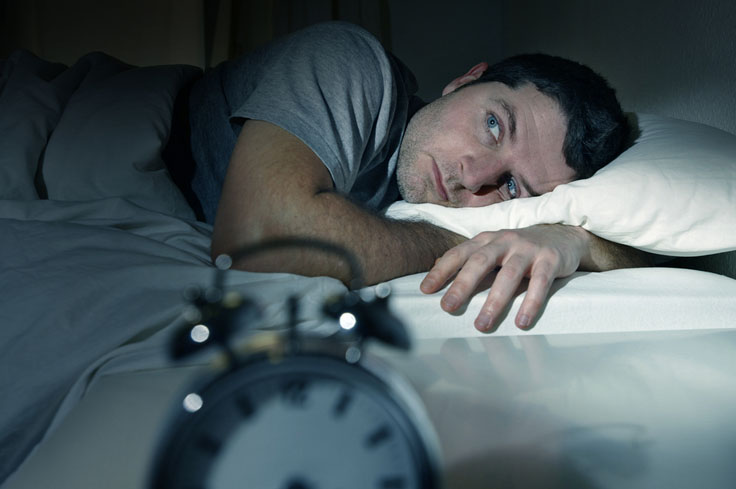The Surprising Connection Between Sleep and Your Mood

Sleep, the Secret Mood Booster
Did you know that a good night’s sleep can work wonders for your mood? It’s true! When you get enough restful sleep, your brain processes emotions more effectively, making it easier to handle stress and stay positive. Think of sleep as your brain’s nightly spa treatment – it’s essential for keeping those mood swings at bay and ensuring you wake up feeling refreshed and ready to tackle the day.
Skipping Sleep: The Shortcut to Grumpytown
On the flip side, skipping sleep can turn you into a certified grump. Lack of sleep disrupts the balance of neurotransmitters in your brain, making it harder to regulate emotions and increasing your chances of feeling irritable or down. So, if you find yourself snapping at your co-workers or feeling blue for no reason, it might be time to reevaluate your sleep schedule. A little extra shut-eye could be the key to a happier, more balanced you.
How Sleep Affects Your Anxiety Levels

Sweet Dreams, Less Anxiety
Imagine a world where you feel less anxious just by hitting the snooze button a few more times. Well, good news – that’s the world we live in! Quality sleep helps reduce anxiety by allowing your body to regulate cortisol, the stress hormone. When you’re well-rested, you’re better equipped to face challenges with a calm mind, making it easier to stay cool under pressure.
Insomnia: The Anxiety Amplifier
Conversely, lack of sleep can amplify anxiety levels. Insomnia and poor sleep quality can lead to heightened stress and anxiety, creating a vicious cycle where worry keeps you up at night, and sleeplessness increases your anxiety. Breaking this cycle with good sleep hygiene practices can significantly reduce anxiety and improve overall mental health.
The Role of Sleep in Memory and Learning

Dreaming Your Way to Better Memory
Ever notice how a good night’s sleep can make everything seem clearer? That’s because sleep plays a crucial role in memory consolidation. During the deep stages of sleep, your brain processes and stores the information you’ve learned throughout the day. It’s like hitting the save button on your brain’s hard drive, ensuring that valuable knowledge sticks around.
Forgetfulness: A Symptom of Sleep Deprivation
On the other hand, skimping on sleep can lead to forgetfulness and difficulty concentrating. When you don’t get enough sleep, your brain struggles to consolidate memories, making it harder to retain new information. If you’re constantly misplacing your keys or forgetting important details, it might be time to prioritize your sleep and give your brain the rest it needs to function optimally.



